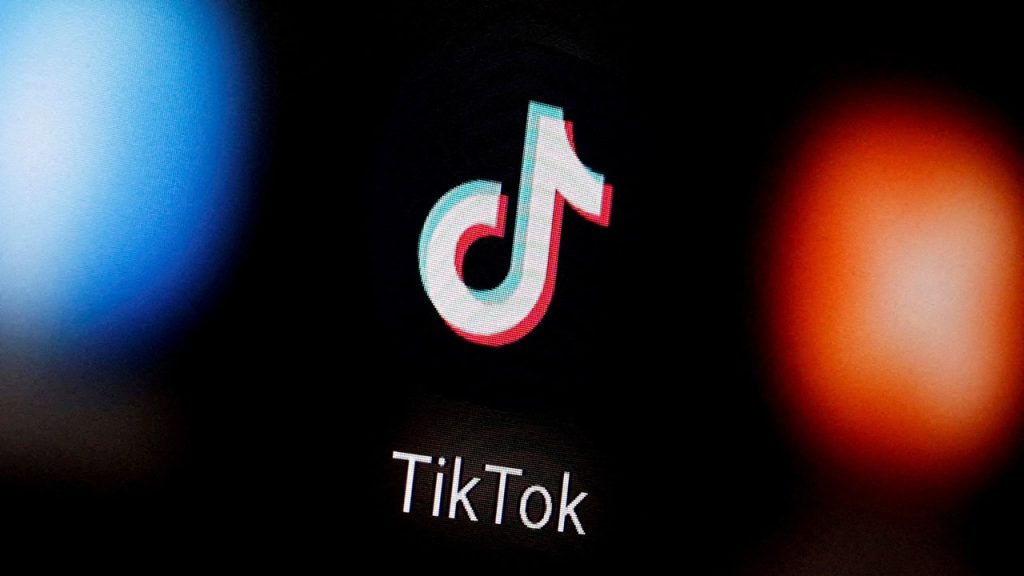The fate of TikTok in the United States hangs in the balance, with a looming deadline and a potential Supreme Court showdown setting the stage for high-stakes negotiations. Representative John Moolenaar, Chairman of the House China Committee, believes former President Donald Trump is uniquely positioned to broker a deal that would allow TikTok to remain accessible to American users while addressing national security concerns tied to its Chinese ownership. The crux of the issue lies in TikTok’s ownership by ByteDance, a Beijing-based company with alleged ties to the Chinese Communist Party (CCP). Legislation passed earlier this year mandates the divestment of TikTok from ByteDance by January 19, 2025, or face removal from U.S. app stores. The Supreme Court’s decision to expedite the hearing of TikTok’s appeal against the law, scheduled for January 10, just nine days before the ban’s effective date, underscores the urgency of the situation.
Moolenaar expresses confidence in Trump’s negotiating prowess, envisioning a phased divestment involving a buyout followed by a potentially record-breaking initial public offering (IPO). He believes the existing legislation provides Trump with the necessary leverage to secure a favorable outcome for the U.S., characterizing it as a potential “deal of the century.” This optimistic outlook contrasts with TikTok and ByteDance’s past resistance to divestment. Moolenaar anticipates a swift resolution once the Supreme Court issues its ruling, suggesting the companies have been delaying the inevitable. The potential sale, coupled with a subsequent IPO, could reshape the landscape of social media and provide a significant financial windfall.
At the heart of the debate are concerns about the CCP’s potential access to American user data and its ability to manipulate content through TikTok’s algorithm. Critics argue that even TikTok’s “Project Texas,” a $1.5 billion initiative designed to isolate U.S. user data on Oracle servers within the country, is insufficient to address these concerns. Moolenaar emphasizes the need for an American or allied company to control TikTok to ensure compliance with U.S. law and protect national security. This underscores the fundamental distrust of ByteDance’s connection to the CCP and the belief that true data security can only be achieved through a change in ownership.
TikTok, however, maintains that “Project Texas” safeguards U.S. user data, asserting that the data is managed by Americans in America. CEO Shou Zi Chew has positioned “Project Texas” as a solution that addresses national security concerns while allowing TikTok to continue operating in the U.S. Despite past admissions by TikTok executives regarding Chinese officials’ access to American user data, the company insists that its new initiative provides adequate protection. This clash of perspectives highlights the challenge in balancing national security with the freedom of expression and the economic impact of a potential ban on a popular social media platform.
While the legislative and legal battles unfold, a surprising element has been introduced with Trump’s own seemingly positive stance on TikTok. His recent meeting with TikTok CEO Shou Zi Chew at Mar-a-Lago, coupled with his expressed “warm spot” for the platform, adds a layer of complexity to the situation. This apparent contradiction between Moolenaar’s confidence in Trump’s hardline approach and Trump’s own more conciliatory tone creates uncertainty about the direction the incoming administration will take. It remains to be seen whether Trump’s past negotiating tactics will be employed or if a different approach will emerge.
The future of TikTok in the U.S. remains uncertain. The convergence of legal challenges, national security concerns, and the political dynamics of a new presidential administration creates a multifaceted and fluid situation. While Moolenaar envisions Trump as the key to a successful resolution, the ultimate outcome will likely depend on a combination of legal decisions, political maneuvering, and the willingness of all parties to find common ground. The Supreme Court’s impending decision will undoubtedly play a pivotal role, potentially shaping the trajectory of negotiations and ultimately determining whether TikTok continues to operate in the United States under its current ownership or undergoes a transformative change.

